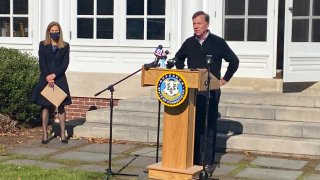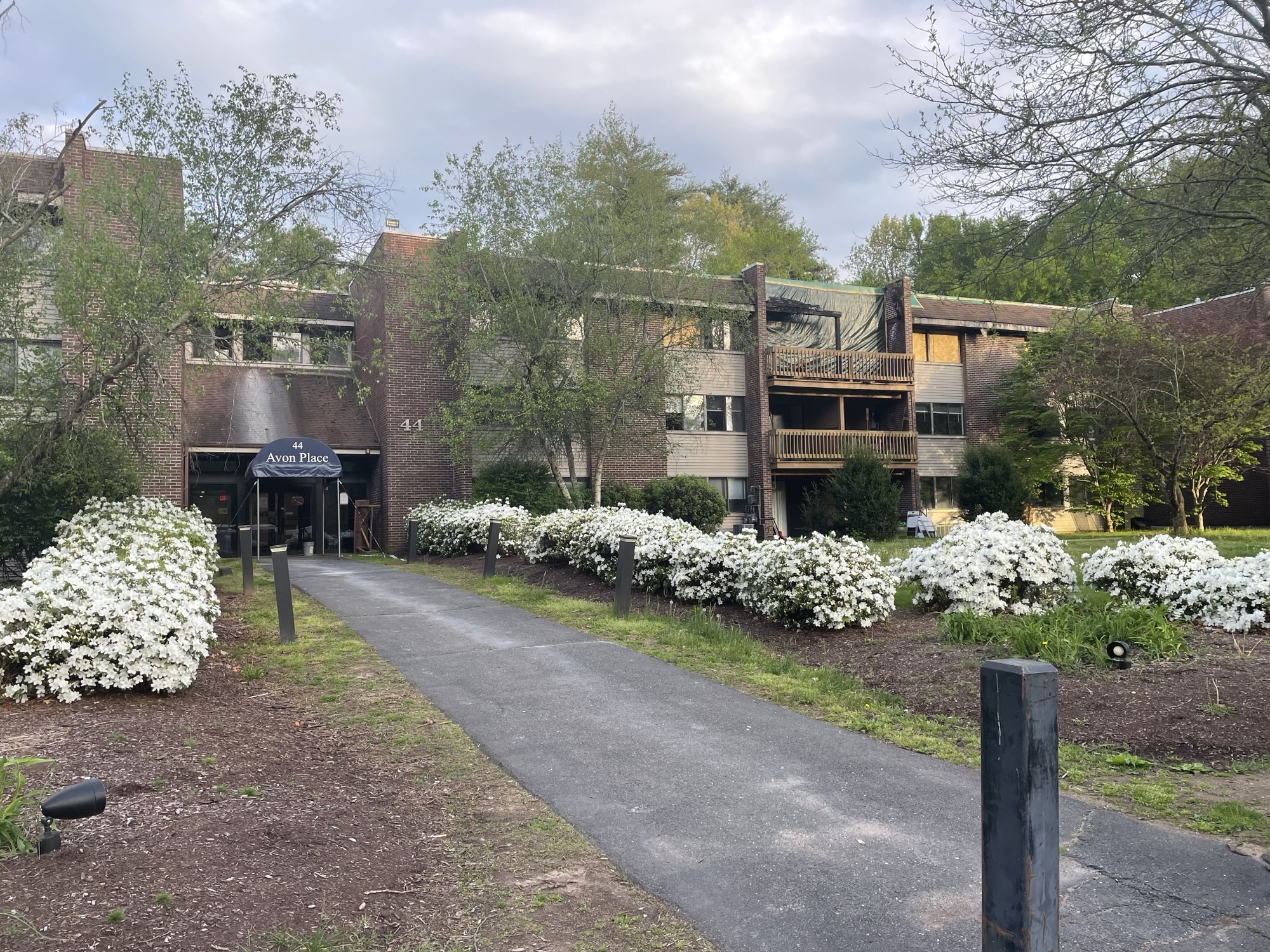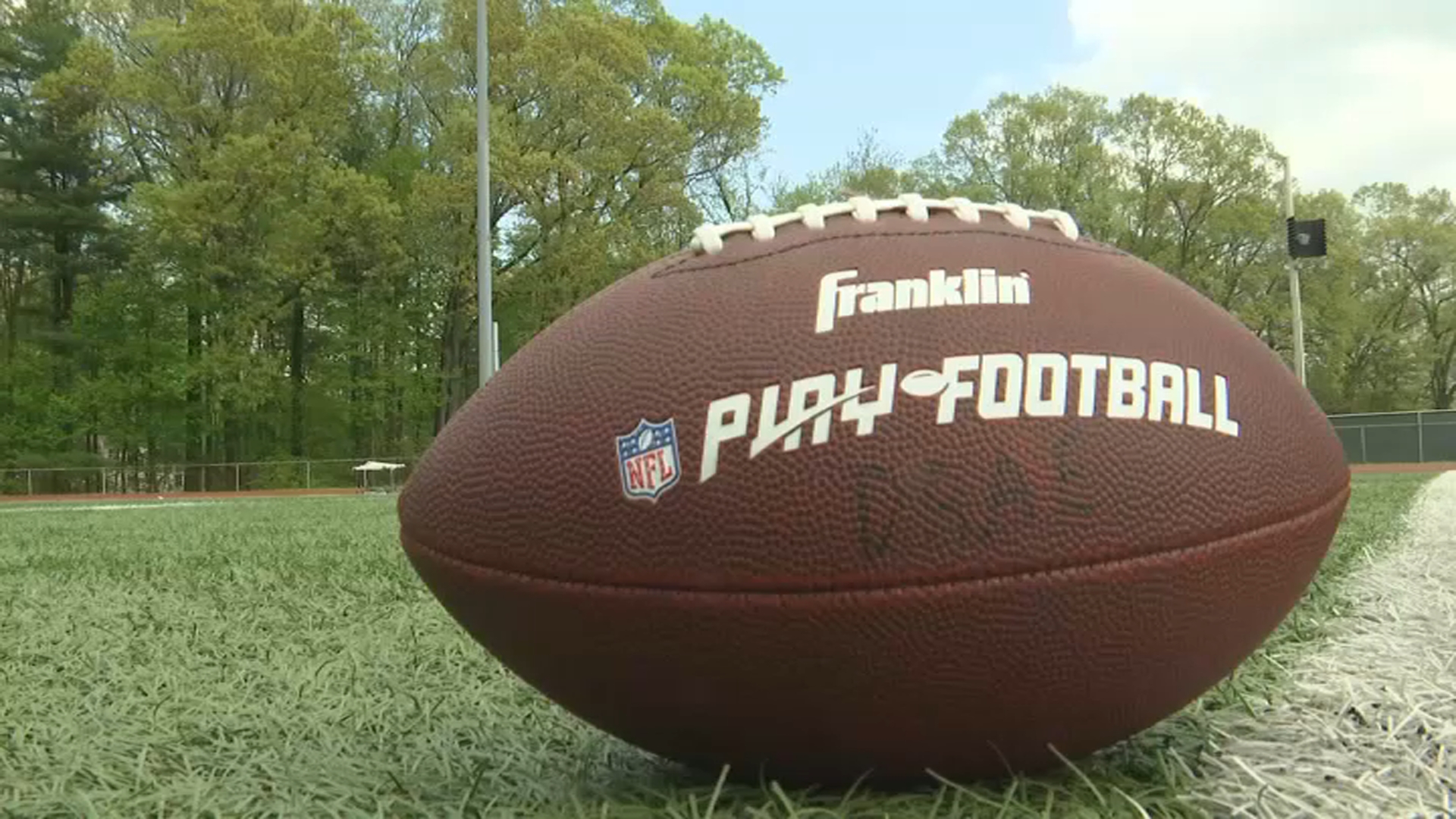
Cities and towns across the state are seeing an increased amount of crime because of the COVID-19 pandemic and law enforcement officials met with the governor on Friday about the impact the ongoing pandemic is having.
Joining the governor were Waterbury Mayor Neil O'Leary, Waterbury Police Chief Fernando Spagnolo, New Haven Police Chief Otoniel Reyes, and others.
Between 2009 and 2019, crime in Connecticut dropped by 38 percent, officials said. Since the pandemic started in March, there has been increase.
Leaders in several communities said they are seeing more crime from young people, like motor vehicle thefts and burglaries.
They cited a link to students being out of school when schools had to close.
Without the structure of schools, some young people are making bad choices, Police Chief Reyes said.
Stacy R. Spell, the New Haven project manager for Project Longevity, highlighted several issues associated with the pandemic.
Local
Communities, especially communities of color, have trouble accessing personal protective equipment.
He went on to put a spotlight on frustrations due to food insecurity and unemployment or reductions in work hours. He said there are also people who never before needed help seeking assistance from food pantries.
He also said there are frustrations that young people not have enough resources to keep their minds occupied or to gather and parents are looking for an outlet.
After hearing from the panel, Gov. Ned Lamont said the pandemic has affected physical health and in a variety of other ways across the spectrum, including mental health, including calls to 211 from young people who are feeling isolated.
He mentioned the stark impact on families’ budgets as well.
He noted long lines for people seeing food donations, including people who have never before had to wait in line for food.



